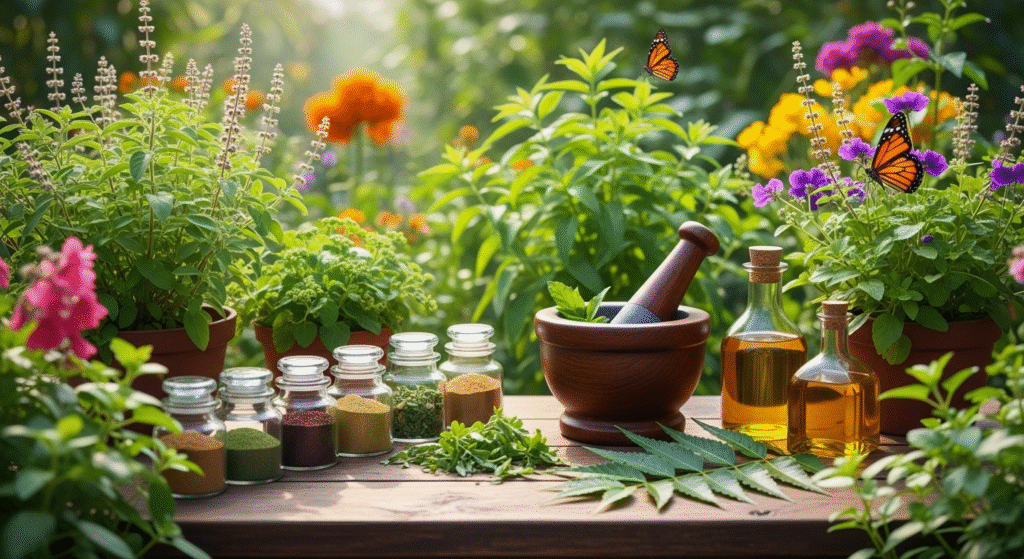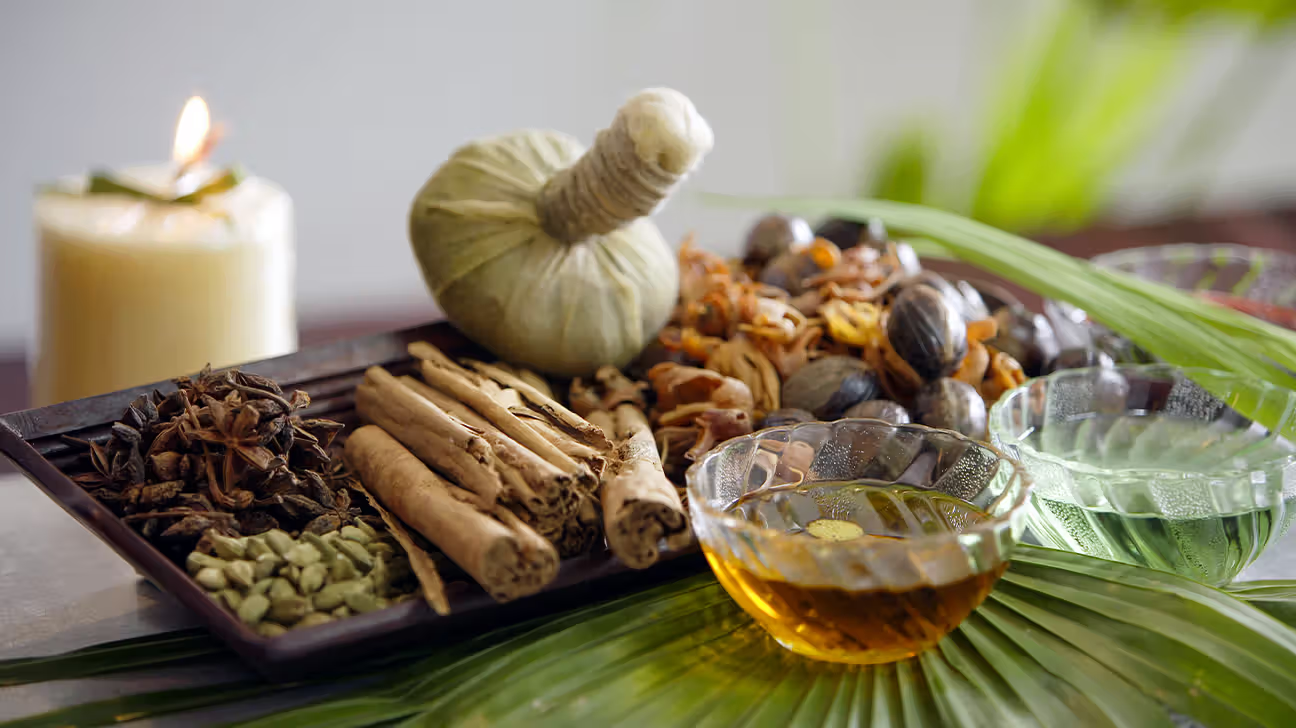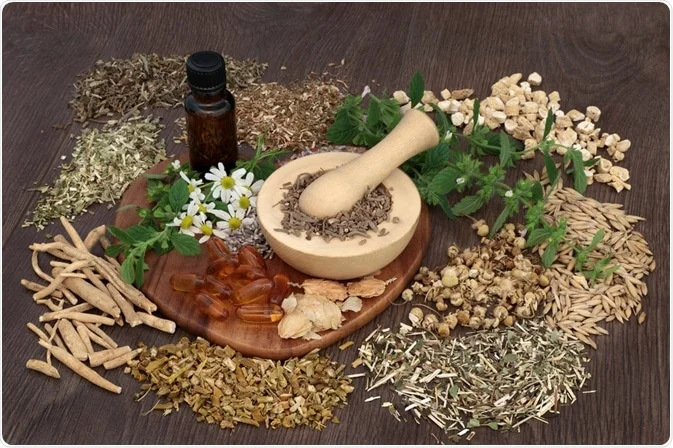Have you ever marveled at the intelligence of nature, the way the earth provides us with everything we need, not just to survive, but to thrive? In Ayurveda, this wisdom is deeply woven into the understanding and use of healing herbs. These botanical wonders are more than just flavorful additions to our food; they are potent allies in our journey towards balance and well-being.
For centuries, long before the advent of modern pharmaceuticals, people across the globe turned to the plant kingdom for healing. Ayurveda, with its rich tradition spanning thousands of years, has meticulously documented the properties and uses of countless herbs, recognizing their ability to gently nudge our doshas back into equilibrium. Think of them as nature’s subtle yet powerful pharmacy, offering solutions tailored to our individual constitutions.
As I walk through local markets, I am always struck by the vibrant colors and aromas of the spices and herbs piled high. Each one carries a unique story, a specific set of energetic properties that can influence our physical and mental states. It’s a sensory reminder of the profound connection between the earth and our health.
So, let’s delve into the enchanting world of Ayurvedic healing herbs, exploring a few common yet remarkable examples and how they might support your well-being:

Ashwagandha: The Strength of a Horse: This revered adaptogenic herb is like a soothing balm for an overstressed system. Known for its ability to enhance resilience to stress, improve energy levels, and promote restful sleep, Ashwagandha is a true powerhouse. It’s particularly beneficial for balancing Vata dosha, helping to ground and calm a restless mind. You might find it in powder form to mix with warm milk or honey, or as a supplement.
Turmeric: The Golden Healer: With its vibrant yellow hue, Turmeric is not just a staple in many kitchens but also a potent anti-inflammatory and antioxidant. Its active compound, curcumin, has been extensively studied for its potential to support joint health, boost immunity, and promote healthy digestion. Turmeric is often taken with warm milk and a pinch of black pepper to enhance absorption.
Ginger: The Universal Tonic: This warming spice is a fantastic digestive aid, helping to stimulate agni (the digestive fire) and alleviate indigestion, bloating, and nausea. Ginger is beneficial for balancing both Vata and Kapha doshas. Enjoy it fresh in teas, grated into meals, or as dried powder.
Triphala: The Three Fruits for Balance: This gentle yet effective herbal formula is a combination of three fruits: Amalaki, Bibhitaki, and Haritaki. Triphala is renowned for its ability to cleanse and detoxify the digestive tract, promote regular bowel movements, and rejuvenate the body. It’s often taken at night to support gentle elimination in the morning.
Tulsi (Holy Basil): The Queen of Herbs: Revered for its spiritual and medicinal properties, Tulsi is an adaptogenic herb that helps the body cope with stress, supports the immune system, and promotes respiratory health. Its fragrant leaves can be brewed into a soothing and uplifting tea.
Brahmi (Gotu Kola): The Mind Booster: Known for its cognitive-enhancing properties, Brahmi is traditionally used to improve memory, concentration, and mental clarity. It is said to have a cooling and calming effect on the mind, making it beneficial for Pitta and Vata doshas.
Licorice Root: The Sweet Soother: With its naturally sweet flavor, Licorice root is soothing for the throat and digestive system. It can help to alleviate coughs, soothe stomach upset, and also has adaptogenic properties. However, it’s important to use it in moderation, especially if you have high blood pressure.
A Word of Caution: While these herbs offer incredible healing potential, it’s crucial to approach their use with respect and awareness. Ayurveda emphasizes individualization, and what works well for one person may not be suitable for another. It’s always best to consult with a qualified Ayurvedic practitioner or healthcare professional before incorporating new herbs into your routine, especially if you have any underlying health conditions or are taking other medications.
The garden truly holds a remarkable pharmacy, and Ayurvedic herbs offer us a gentle yet powerful way to reconnect with nature’s wisdom and support our journey towards holistic well-being. As we learn more about their unique properties, we can begin to thoughtfully incorporate them into our daily lives, nurturing our bodies and minds with the gifts of the earth.


